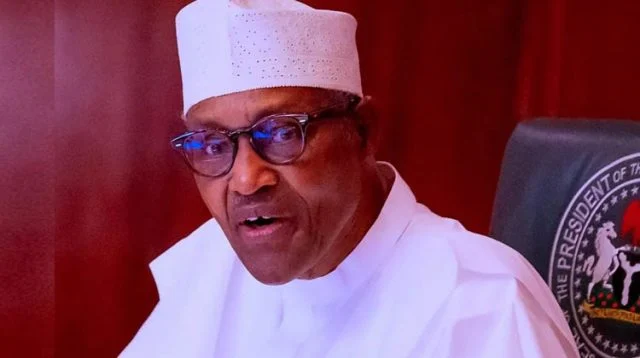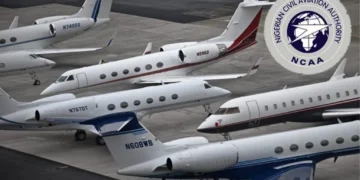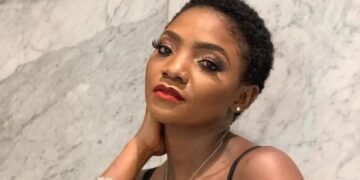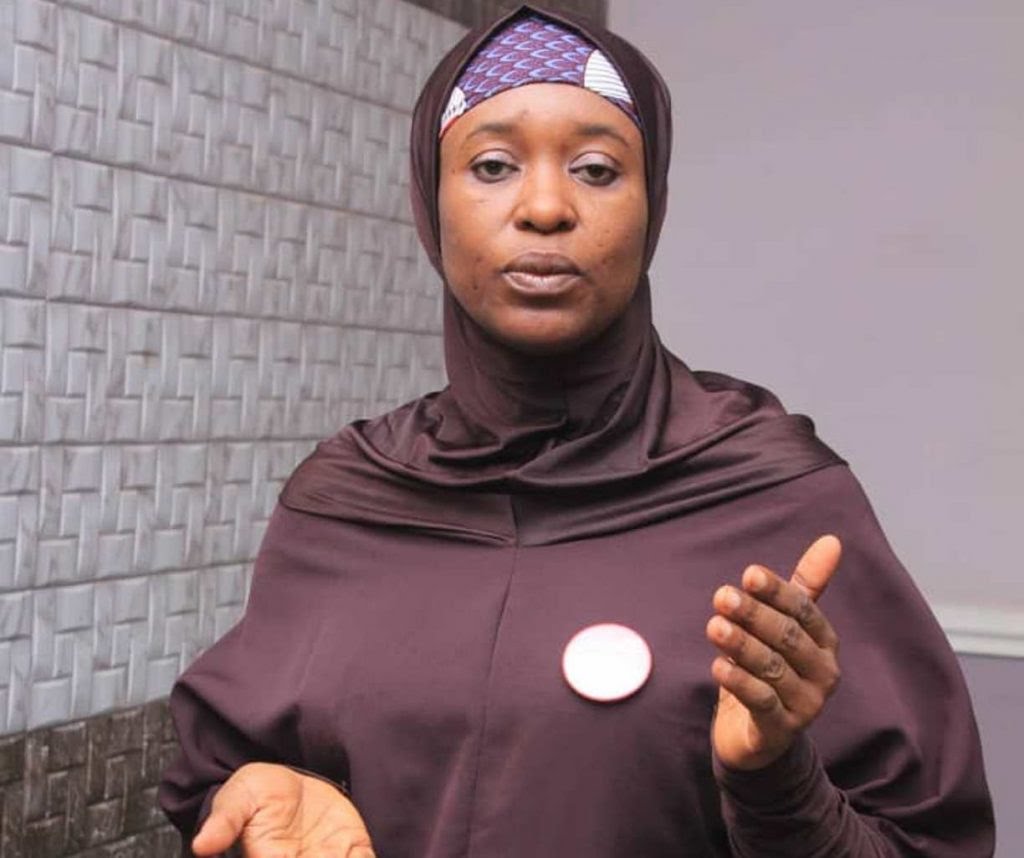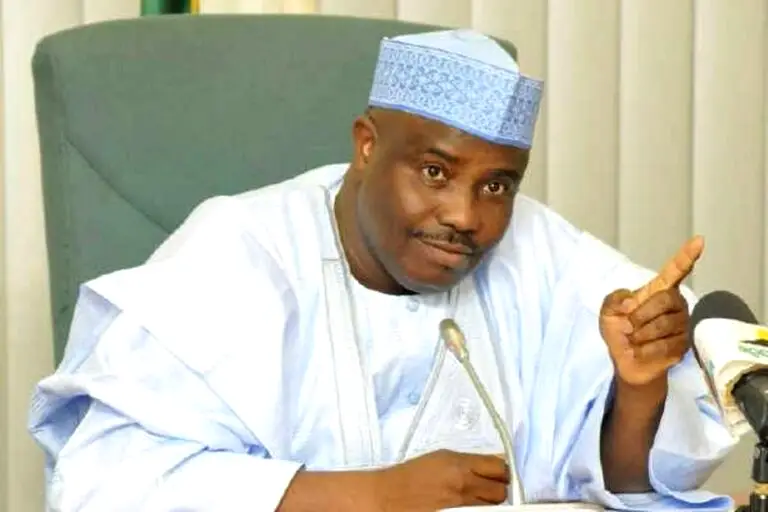The President, Major General Muhammadu Buhari (retd.), said African political leaders must respect the right of citizens to make their choices in elections, and that the right to vote and determine who leads them should not be treated lightly.
According to a statement signed on Saturday by his Senior Special Assistant to the President on Media and Publicity, Garba Shehu, Buhari spoke on Friday during a bilateral meeting with the President of Malawi, Lazarus Chakwera, at the sideline of the Extraordinary Summit of the African Union in Malabo, Equatorial Guinea.
The statement is titled ‘President Buhari meets leaders of Malawi, Sao Tome and Equatorial Guinea, assures Nigeria won’t fail Africa.’
Buhari said to strengthen Africa’s democratic fabric and ensure smooth conduct of elections, “We must convince the people that we respect them, and this is by allowing them to choose whoever they want.”
Recalling that he had been to the Supreme Court three times before he got to be President, Buhari said the path to democracy in African countries has not been a smooth one.
Citing his experience, he said, “I had to openly disabuse the minds of our colleagues. We are a developing country, that we should not be demoralized.
“We have to go through these processes. We must trust these institutions to do what is right. Present the evidence. Don’t give up. Keep on pushing.”
He explained that the merit of one’s case, not religion, or ethnicity or section will determine success in political endeavors, saying that his meritorious cases in court were thrown out by judges who more or less shared the same sentimental backgrounds with him.
“So, I say go for merit. Don’t stand on ethnicity or such other divisive factors,” said the President.
Speaking on the relationship between Nigeria and Malawi, and that of the Southern African Sub-region in general, President Buhari said his predecessors in office, especially the late General Murtala Mohammed laid out the continental rule of engagement placing Southern African countries on Nigeria’s priority list.
He said, “We are acutely aware of the problems of Southern African countries, more than most others.
“Murtala virtually left the country to Gen. Olusegun Obasanjo, then, and faced up to Europe and America on the problems (of apartheid). He was very energetic and patriotic. We will continue on that path.”
Buhari said he greatly valued his meeting with President Chakwera, giving assurances that he will pay attention to the issues brought to the meeting.
The Foreign Affairs Ministers of the two countries were directed to take the matters forward.
On his part, President Chekwara described President Buhari as a statesman and a role model, saying that his country was willing to learn from Nigeria’s experience in agriculture, infrastructure development and in managing security and violent extremism, which, he said, were creeping into the South African sub-region.
He said while both countries were together in the framework of the African Continental Free Trade Agreement, his country’s wish was for a speedy trade relationship with Nigeria.
President Chekwara asked for convening of a meeting of technical experts to discuss trading pacts, Memoranda of Understanding and agreements.
“There is no way we won’t relate to the biggest economy in Africa. Our older brother should hold our hands and we walk together,” said the President.
Later, the President of São Tomé, Carlos Vila Novo, and his spouse met Buhari and the First Lady, Mrs Aisha Buhari.
The Sao Tomean President received assurances that Nigeria will continue to play a brotherly role in the affairs of sister African countries.
The President also received in audience the President of Equatorial Guinea, Teodoro Mbasogo who came to thank him for honoring the invitation for the Extraordinary African Union Summit in his country.

